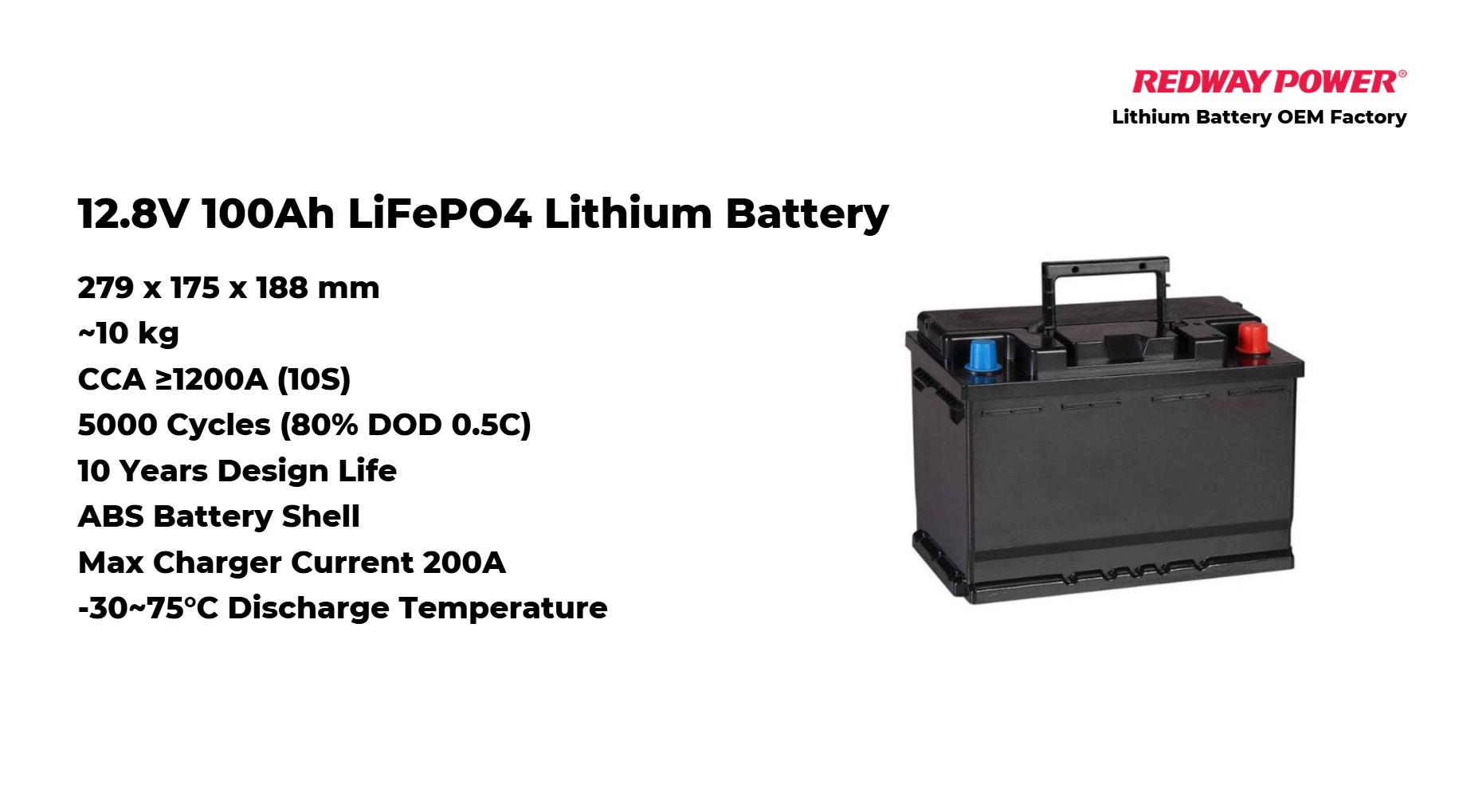
How to Choose the Right Car Battery for Your Vehicle
Choosing the right car battery is essential for ensuring your vehicle runs smoothly and reliably. This article explores various battery types, their functions, and maintenance tips, helping you make an informed decision that suits your driving needs.
What Are the Different Types of Car Batteries Available?
Car batteries primarily fall into several categories, each designed to meet specific needs:
- Lead-Acid Batteries: The most common type, known for their reliability and affordability.
- Absorbent Glass Mat (AGM) Batteries: A subtype of lead-acid batteries that offers enhanced performance and durability.
- Lithium-Ion Batteries: Gaining traction in automotive applications due to their lightweight and long lifespan.
- Nickel-Metal Hydride (NiMH) Batteries: Often found in hybrid vehicles, offering a balance between performance and cost.
Chart: Comparison of Car Battery Types
| Type | Lifespan | Maintenance | Cost |
|---|---|---|---|
| Lead-Acid | 3-5 years | High | Low |
| AGM | 4-6 years | Low | Medium |
| Lithium-Ion | 8-10 years | Very Low | High |
| Nickel-Metal Hydride | 3-8 years | Medium | Medium |
How Do Lead-Acid Batteries Function and What Are Their Benefits?
Lead-acid batteries work by converting chemical energy into electrical energy through a series of electrochemical reactions. They consist of lead dioxide (positive plate), sponge lead (negative plate), and sulfuric acid (electrolyte).Benefits:
- Cost-effective: Generally cheaper than other battery types.
- Widely available: Easily found at most auto parts stores.
- Reliable: Proven technology with a long history in automotive applications.
Chart: Lead-Acid Battery Components
| Component | Function |
|---|---|
| Positive Plate | Conducts electricity during discharge |
| Negative Plate | Completes the circuit |
| Electrolyte | Facilitates chemical reactions |
Why Are AGM Batteries Gaining Popularity Among Drivers?
AGM batteries are becoming increasingly popular due to their enhanced features:
- Durability: Resistant to vibration and shock, making them ideal for off-road vehicles.
- Maintenance-free: No need for regular water checks or refills.
- Higher Power Output: Suitable for vehicles with high electrical demands or stop-start technology.
What Advantages Do Lithium-Ion Batteries Offer for Vehicles?
Lithium-ion batteries provide numerous advantages over traditional lead-acid batteries:
- Longer Lifespan: Typically last 8 to 10 years with proper care.
- Lightweight: Significantly lighter than lead-acid batteries, improving vehicle efficiency.
- Fast Charging: Can be charged more quickly than lead-acid batteries.
Chart: Benefits of Lithium-Ion Batteries
| Benefit | Description |
|---|---|
| Lifespan | Lasts up to 10 years |
| Weight | Up to 50% lighter than lead-acid |
| Charge Time | Charges faster than traditional options |
How Can You Determine the Right Size and Type of Battery for Your Vehicle?
To find the correct battery size and type:
- Consult Your Owner’s Manual: It provides specifications on battery group size and Cold Cranking Amps (CCA).
- Use Online Tools: Many retailers offer battery finders where you input your vehicle’s make and model.
- Seek Professional Advice: Auto parts stores can assist in selecting the right battery based on your vehicle’s requirements.
What Factors Affect the Lifespan of a Car Battery?
Several factors can influence how long your car battery lasts:
- Climate Conditions: Extreme temperatures can shorten battery life; heat accelerates corrosion, while cold temperatures can reduce capacity.
- Driving Habits: Frequent short trips can prevent the battery from fully charging.
- Maintenance Practices: Regular checks and cleaning can prolong battery life.
How Do You Properly Maintain Your Car Battery for Longevity?
To ensure your car battery lasts as long as possible:
- Regular Inspections: Check terminals for corrosion and ensure connections are tight.
- Keep It Clean: Remove dirt and debris from the battery surface to prevent discharge issues.
- Avoid Deep Discharges: Try not to let your battery discharge below 50% regularly.
Industrial News
Recent trends in automotive batteries show a significant shift towards lithium-ion technology due to its efficiency and longevity compared to traditional lead-acid batteries. The market is also seeing increased demand for AGM batteries, particularly in vehicles equipped with advanced electrical systems like start-stop technology, which require reliable power sources capable of handling frequent cycling.
LiFePO4 Battery Expert Views
With advancements in battery technology, lithium-ion batteries are becoming more mainstream in conventional vehicles,” says Dr. Michael Anderson, an automotive energy specialist. “Their ability to provide consistent power while being lightweight makes them an attractive option for modern vehicles.”
FAQ Section
Q1: How often should I replace my car battery?
A1: Generally every 3 to 5 years, depending on usage and environmental factors.Q2: Can I install a car battery myself?
A2: Yes, if you have basic tools and follow safety precautions; otherwise, consider professional installation.Q3: What should I do if my car won’t start?
A3: Check the battery first; if it’s old or shows signs of wear, it may need replacement.
